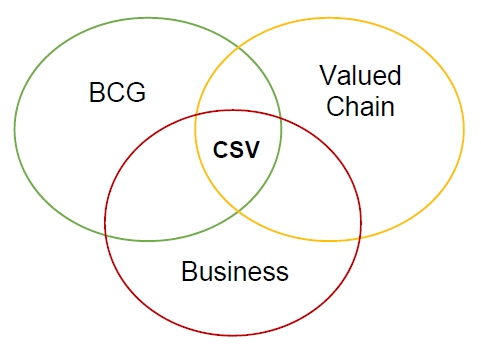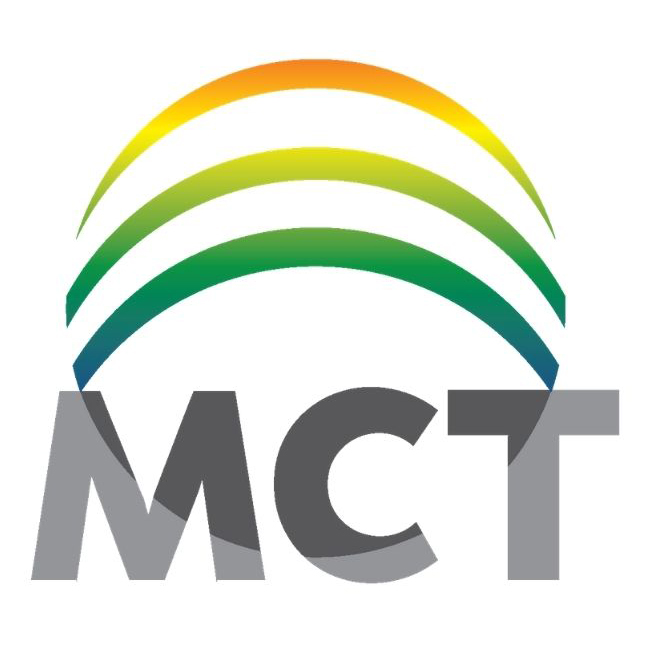Creating Shared Value with BCG Economy Model of Thai Government
DOI:
https://doi.org/10.60101/jimc2023.706Keywords:
Creating Shared Value, Corporate Social Responsibility, Bio Economy, Circular Economy, Green EconomyAbstract
This article aims to study academic papers and review literature in order to gather knowledge about the concept of Creating Shared Value (CSV) and the application of holistic economic development policies, including bio-economy, circular economy, and green economy, or the “Bio-Circular-Green Economy Model” (BCG model), announced by the government as a national agenda in 2022, focusing on advancing the economy while protecting the environment and disseminating knowledge regarding the implementation of a model community enterprise that can be used in a wide range of contexts. According to the study, it was found that the concept of CSV shares similarities with the BCG policy, which emphasizes environmentally responsible business practices from production through distribution. However, the implementation of the CSV concept and concrete BCG in Thailand to achieve long-term success may need to be modified to accommodate the nation's ethnic minorities, meet their basic needs, and decentralize the system to be managed in the area to maximize the benefits of that locality. This will result in the creation of jobs, careers, and income for the people of the nation.
References
ภาษาไทย
กรุงเทพธุรกิจ. (2565, 23 กันยายน). สภาพัฒน์ชูแผนฯ 13 ปรับโครงสร้างเศรษฐกิจ ดันรายได้เฉลี่ยคนไทย 300,000 บาท/ปี. https://www.bangkokbiznews.com/business/economic/1028472
ณัฐวิภา สินสุวรรณ. (2565). หลักการสื่อสารการตลาดแบบบูรณาการ. [เอกสารที่ไม่ได้ตีพิมพ์]. สาขาเทคโนโลยีการโฆษณาและประชาสัมพันธ์ คณะเทคโนโลยีสื่อสารมวลชน, มหาวิทยาลัยเทคโนโลยีราชมงคลธัญบุรี.
ทรูปลูกปัญญา. (2564, 6 สิงหาคม). ระบบเศรษฐกิจของไทย. https://www.trueplookpanya.com/learning/detail/1336
ธีรชัย อรุณเรืองศิริเลิศ. (2555). CREATING SHARED VALUE ก้าวใหม่ในการดําเนินธุรกิจที่ยั่งยืนและสร้างสรรค์คุณค่าเพิ่มรวมกันให้กับสังคม. วารสารวิชาชีพบัญชี, 8(21), 96-103. http://www.jap.tbs.tu.ac.th/files/Article/Jap21/Full/Jap21Theerachai.pdf
นิภา วิริยะพิพัฒน์. (2560). ยกระดับ CSR สู่ CSV: การสร้างคุณค่าร่วมระหว่างธุรกิจและสังคม. วารสารวิชาการและวิจัย มทร.พระนคร สาขามนุษยศาสตร์และสังคมศาสตร์, 2(2), 97-106.
เบญจมาส เป็งเรือน. (2565, 28 กันยายน). ลงมือสู้โกง. https://www.naewna.com/anticorruption/columnist/52913
ปธาน สุวรรณมงคล. (ม.ป.ป.). ทุนนิยม. สืบค้นเมื่อ 2566, 19 มีนาคม, จาก http://wiki.kpi.ac.th/index.php?title=ทุนนิยม
รพีพรรณ วงศ์ประเสริฐ. (2556). การสร้างคุณค่าร่วม แนวปฏิบัติที่ดีสู่สังคม. วารสารนักบริหาร, 33(3), 75-81.
สำนักงานพัฒนาวิทยาศาสตร์และเทคโนโลยีแห่งชาติ. (2563, 11 ธันวาคม). โมเดลเศรษฐกิจใหม่ BCG. https://www.nstda.or.th/home/knowledge_post/bcg-by-nstda/
สำนักงานพัฒนาวิทยาศาสตร์และเทคโนโลยีแห่งชาติ. (2565, 23 มิถุนายน). อนุรักษ์ ‘พันธุ์ฟักทองไข่เน่า’ พืชอัตลักษณ์เมืองน่าน.https://www.nstda.or.th/home/news_post/bcg-delight-fak-thong-kai-nao/
สำนักงานสภานโยบายการอุดมศึกษา วิทยาศาสตร์ วิจัยและนวัตกรรมแห่งชาติ. (ม.ป.ป.). โมเดลเศรษฐกิจบีซีจี. สืบค้นเมื่อ 2566, 19 มีนาคม, จาก https://www.nxpo.or.th/th/bcg-economy/
สำนักเลขาธิการนายกรัฐมนตรี. (2564, 17 มกราคม). นายกฯ ดันโมเดลเศรษฐกิจ BCG เป็นนโยบายขับเคลื่อนประเทศไทย เพิ่ม GDP อีก 1 ล้านล้านบาท ใน 6 ปี. https://www.thaigov.go.th/news/contents/ministry_details/38369
สำนักเลขาธิการนายกรัฐมนตรี. (2566, 6 มีนาคม). โฆษกรัฐบาลเผย นายกฯ ยินดีภาคอุตสาหกรรมการผลิตพลาสติกชีวภาพไทยเป็นอันดับ 2 ของโลก. https://www.thaigov.go.th/news/contents/details/65767
เสาวภา มีถาวรกุล. (2554). แนวความคิดการตลาดแบบองครวม. วารสารการจัดการสมัยใหม่, 9(2), 10-15.
Marketthink. (2564, 25 มีนาคม). “เซ็นทรัล ทำ” โครงการ CSV ที่สร้างรายได้ให้ชุมชนกว่า 1,200 ล้านบาท และพัฒนาคุณภาพชีวิต 500,000 คน. https://www.marketthink.co/14412
ภาษาอังกฤษ
Porter, M. E. & Kramer, M. R. (2011). Creating Shared Value. Harvard Business Review, 89, 62-77




